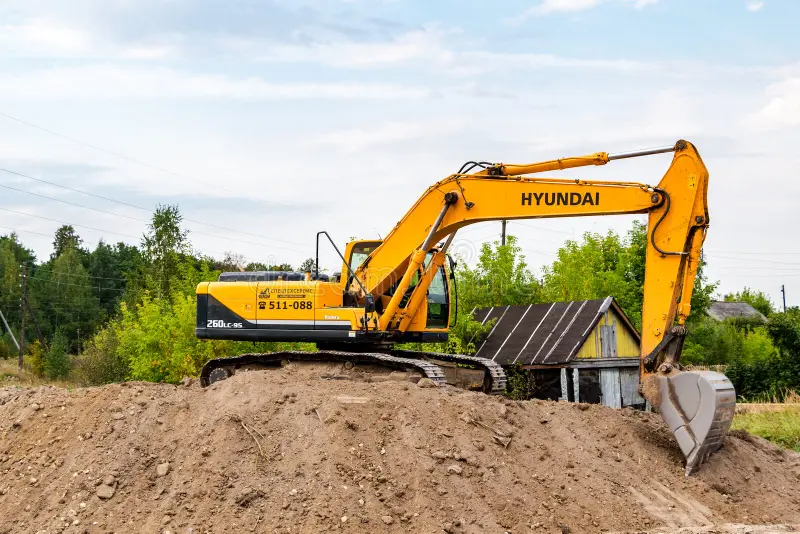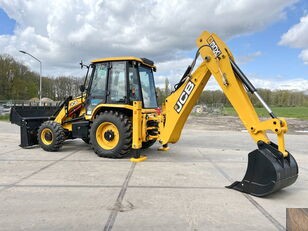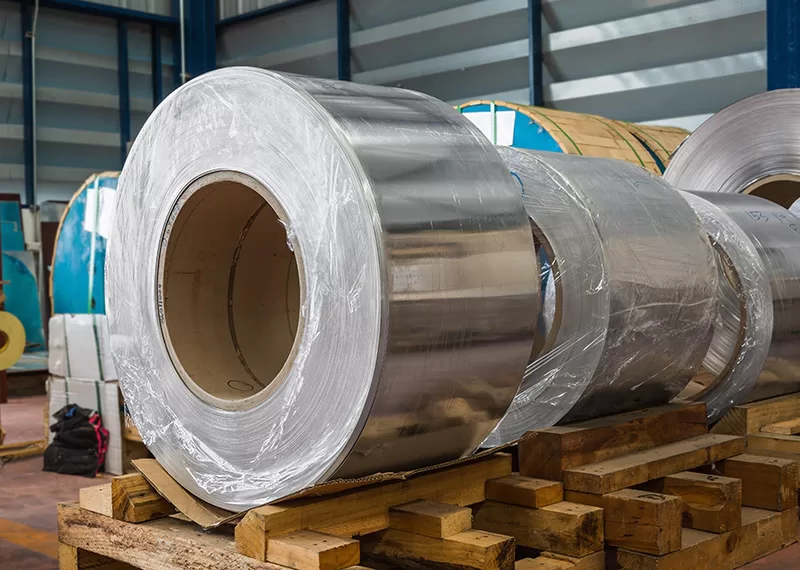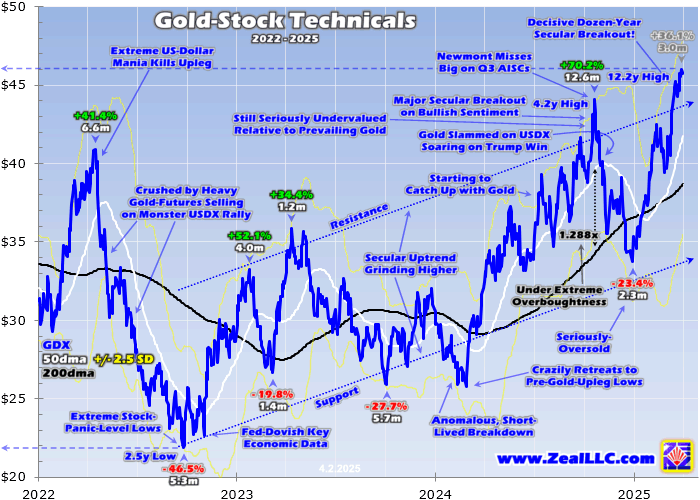The heavy-equipment investment market is anticipated to expand in the latter half of 2024 as inflationary pressures diminish, with the trucking and agriculture industries likely to profit.
The Equipment Leasing and Finance Foundation forecasts a 2.9% increase in equipment investment and a 3.7% increase in software investment for the third and fourth quarters, respectively, as stated in its third-quarter update on the 2024 economic prognosis. ELFF’s forecasts were primarily derived from Q1 data, while a significant portion of Q2 data remained inaccessible.
Growth in heavy-equipment investment during Q3 is anticipated to continue following a robust beginning to the year, propelled by overall economic advancements, stated Jeff Jensen, vice president of Keybridge, ELFF’s research partner for economic studies and resources, to Equipment Finance News.
“Much of the enhancement in market conditions can be attributed to the alleviation of inflation, which served as a considerable impediment to genuine investment growth in 2022 and 2023,” Jensen stated. The broader economy has outperformed expectations over the past six quarters, mostly due to a strong job market and substantial consumer spending increases.
The increase in investment has occurred despite elevated interest rates, underscoring enhanced corporate confidence, he stated.
Trucking and agriculture exhibit robust investment activity.
Truck investment increased by 6% year-over-year in Q1 and jumped by 7.7% compared to the preceding quarter. ELFF’s investing momentum monitor, encompassing indexes for 12 sectors and grounded in recent performance and historical strength, designates trucks as a burgeoning market, with momentum readings increasing by nearly 20% since December. Investment in trucks is anticipated to persist in its growth over the forthcoming six months, as shown by the monitor.
Furthermore, agricultural investment has been recognized as a burgeoning business and is anticipated to maintain a favorable trajectory throughout the forthcoming two quarters. Investment in agricultural equipment rose 11% year-over-year and 47% quarter-over-quarter in the first quarter.
Reduced rates to provide modest growth
Lending requirements became more stringent in Q1, as large and medium banks indicated a 27% decline in loan demand, and smaller institutions experienced a 23% reduction. Banks indicated diminished investment in plant and equipment, coupled with reduced inventory finance, as the primary factors contributing to decreasing loan demand.
Many anticipate that the Federal Reserve will reduce interest rates at least once this year as inflation subsides, perhaps easing the restrictive lending conditions that have impeded the equipment finance sector since the previous year. Jensen stated that reduced rates may slightly increase investment activity.
“A modestly positive effect on equipment investment growth in Q4 is possible, as a 25 to 50-basis point reduction in rates is significant enough to render certain marginal projects viable that would not have been feasible otherwise,” he stated. The expectation for our equipment and software investments in Q4 is somewhat elevated compared to Q3 for this reason.
Wider economic conditions will mostly influence investment activity in the forthcoming two quarters, he stated.










